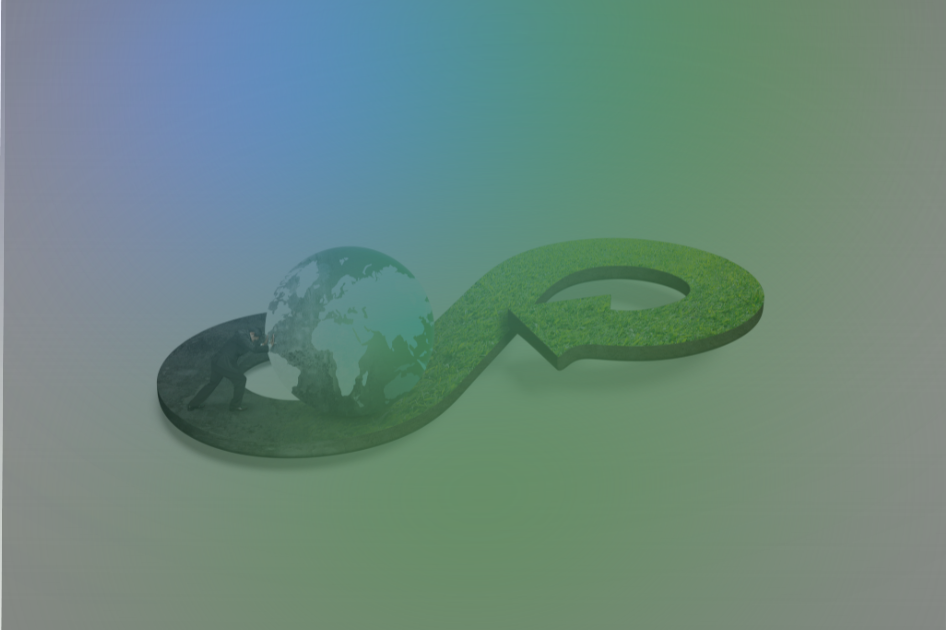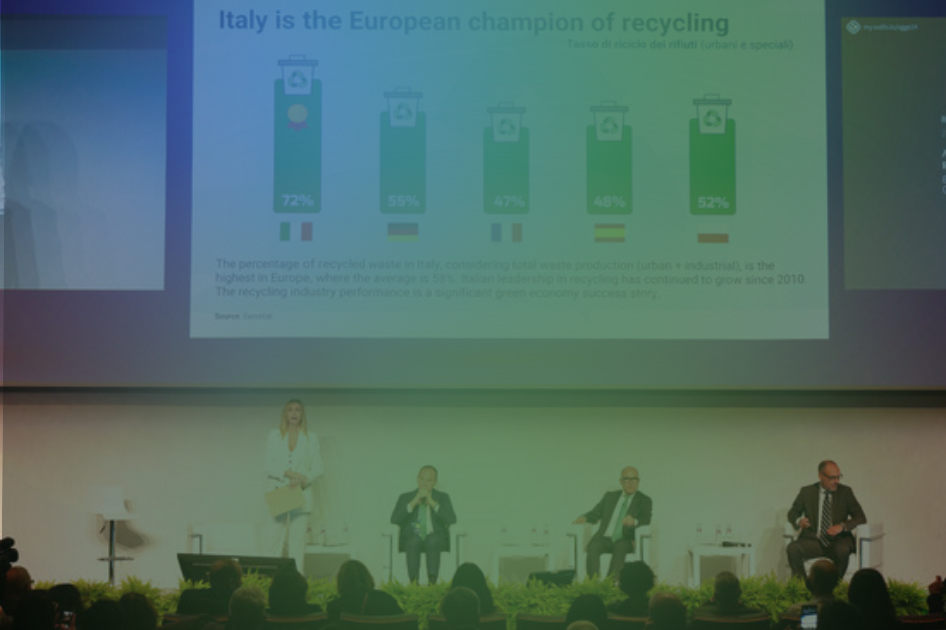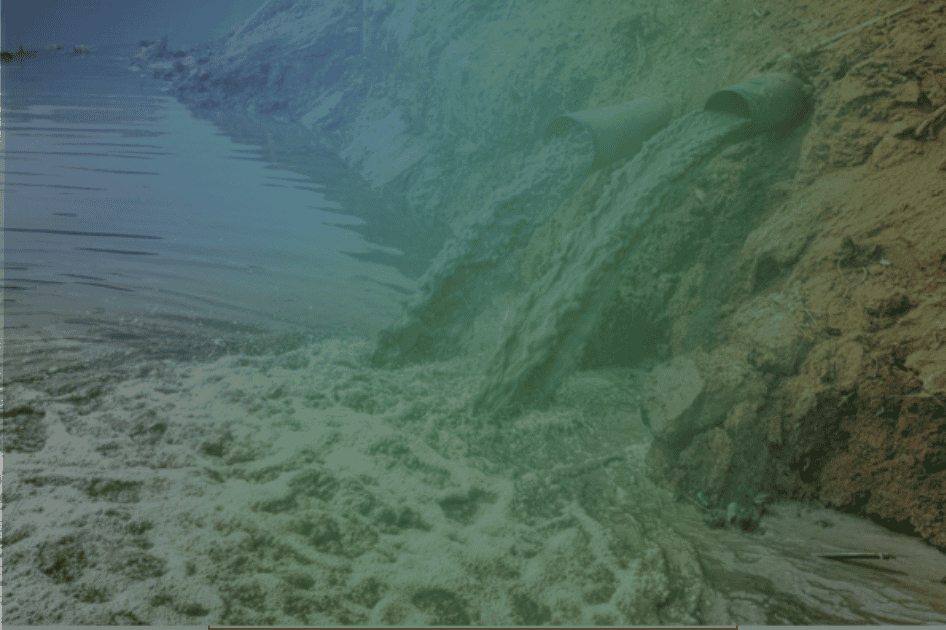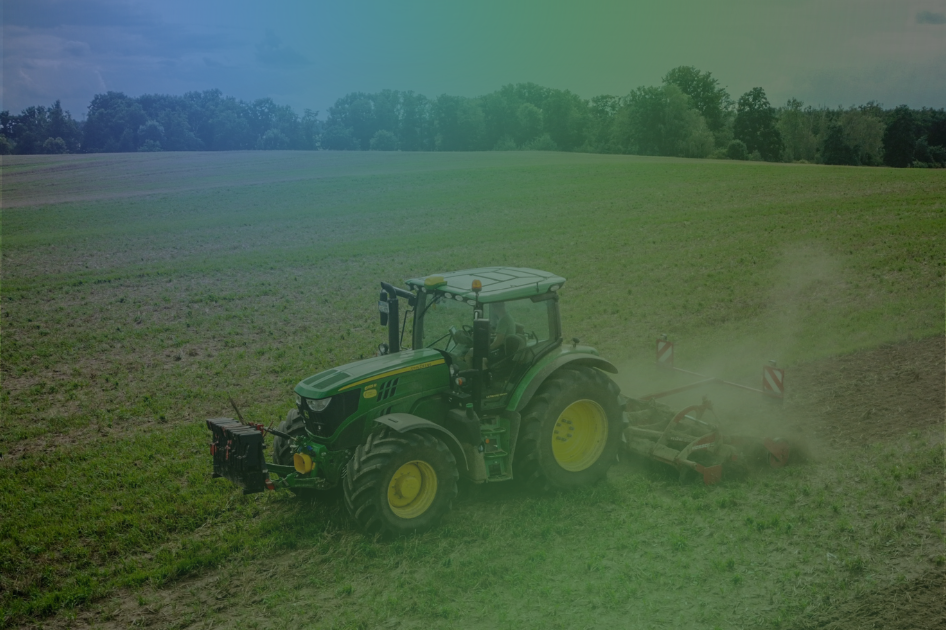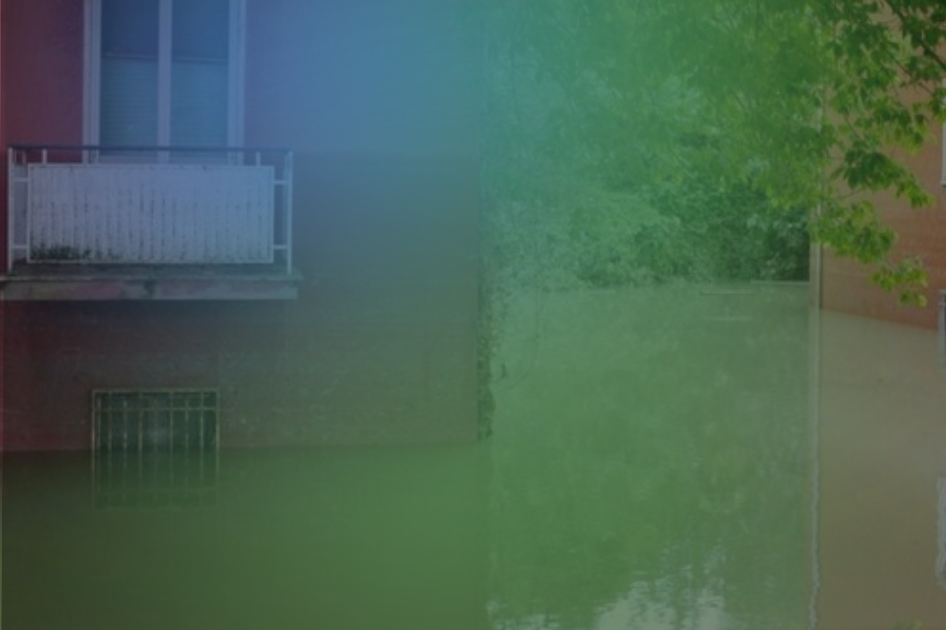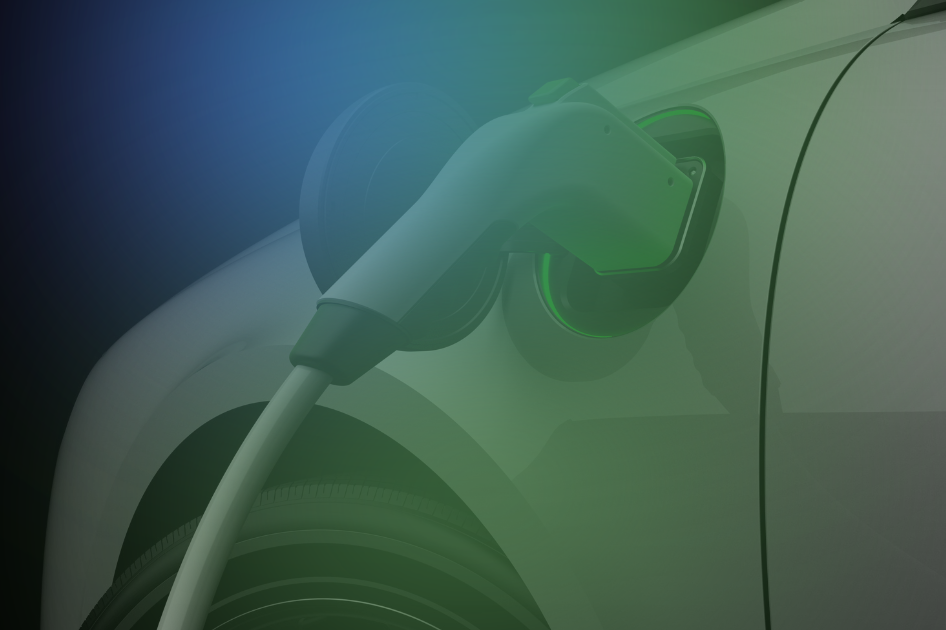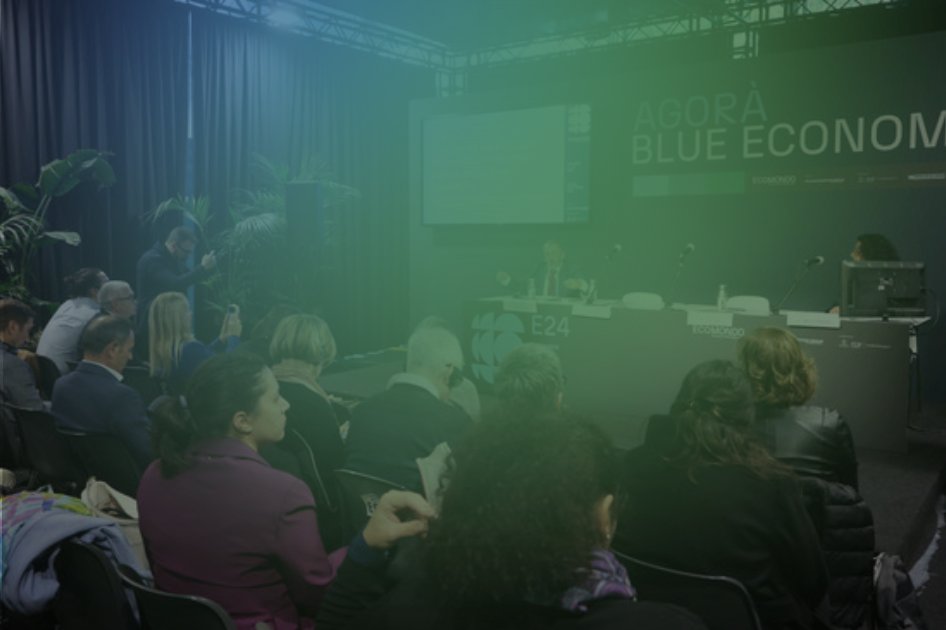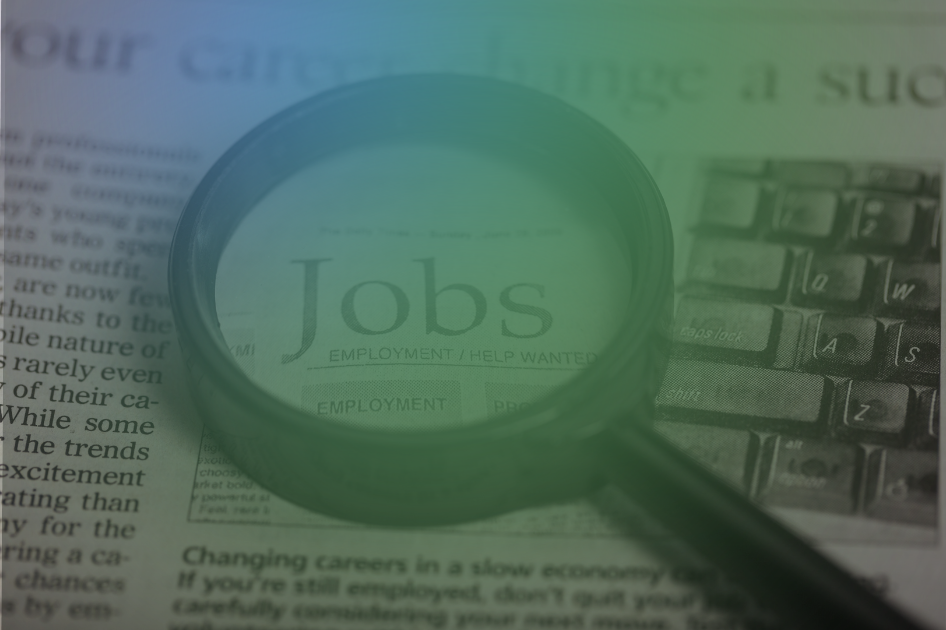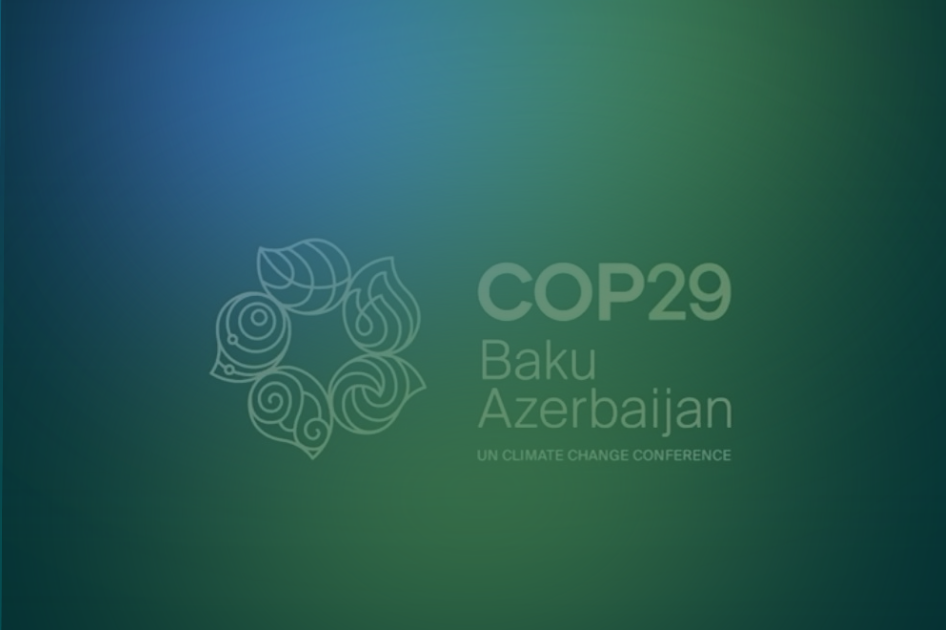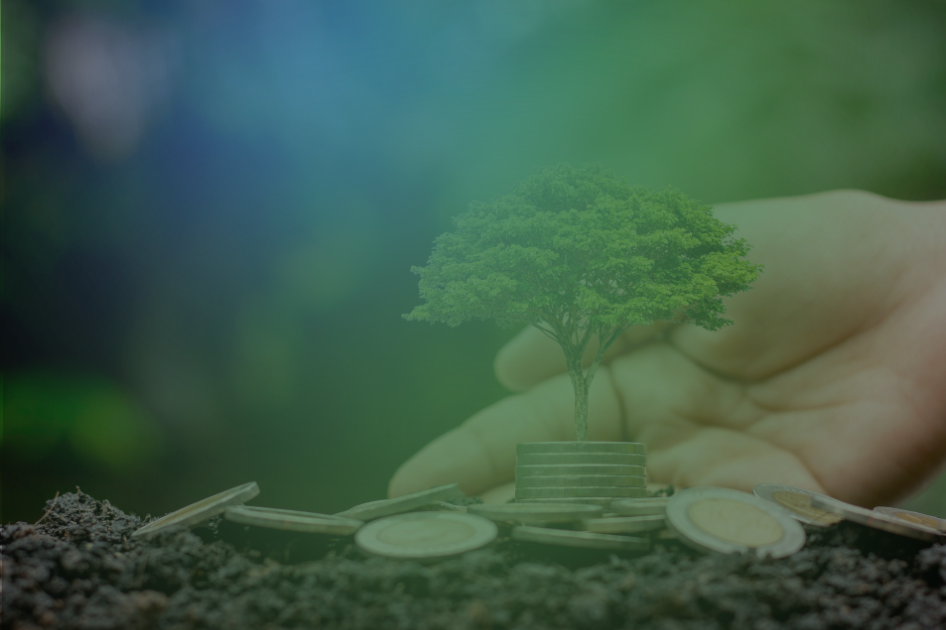Founded in 2007 by a group of professionals with more than two decades of experience behind them, FOR REC, based in Santa Giustina in Colle (Padua), is a dynamic industrial enterprise recognised internationally in the field of solid waste recycling. It has over 100 employees in Italy, plus 70 collaborators at the production site in Serbia, and has a fleet of over 60 models.
The activity is structured in four main areas, ranging from the design and construction of shredders and grinders to the manufacture of complete plants, from high-efficiency assistance and maintenance services to the development of eco-friendly technologies.
<<We’re a company that has made technological innovation, environmental sustainability, and design flexibility our key strengths,>> says CEO Marco Zoccarato, recounting the history of the company, which today operates in several countries around the world through an expanding commercial network. <<The EU area is an important benchmark, thanks to its advanced regulatory framework, but our business models are easily “exportable”. Of course, there is a need for policies aimed at decreasing landfilling and valorising waste, but waste can be a valuable resource if properly managed.>>
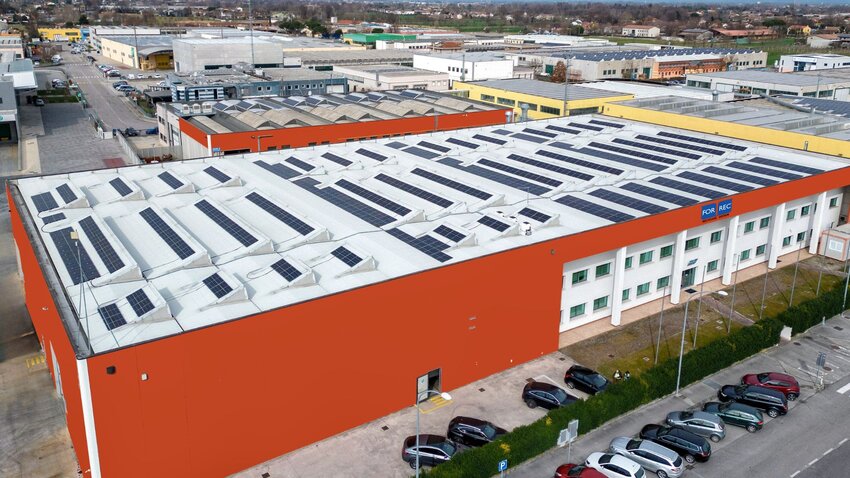
Within the broad field of industrial recycling, which sectors does FOR REC focus on?
<<The recovery of metal and electronic waste is without doubt the area that has been engaging us the most in the last months. The treatment of cables and electric motors, aluminium waste, and household electronic equipment (such as fridges) requires ongoing research and close attention in order to develop sustainable solutions that make it possible to optimise production processes while maintaining very high recovery standards. The study and development of technologies that combine reliability, performance, and low operating costs is an added value that allows us to offer advanced, tailor-made solutions to meet specific needs.>>
On that note, how do you combine customisation with environmental sustainability?
<<Every project is the result of a valuable exchange of experience and knowledge: being able to listen to our clients’ needs is a quality we’ve always been recognised for. Our installations are easy to implement, always modular, and equipped with remote diagnostics systems. Studying solutions with zero environmental impact is a must for us: no dust emissions, low noise impact, no uncontrolled leachate, prevention of explosion or fire risks, temperature control during operation, and optimisation of electricity consumption are just some of the parameters that make our systems sustainable and safe.>>
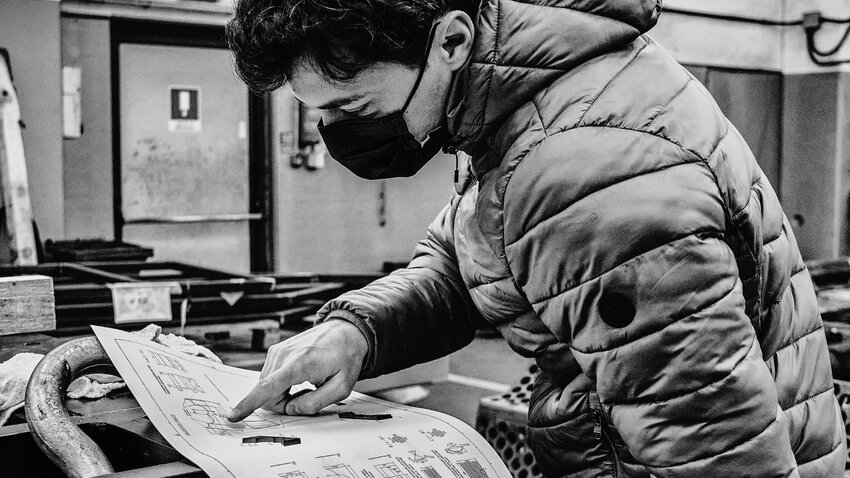
In France, you installed the world’s first plant for the treatment and recycling of end-of-life water heaters. How does the process work?
<<This pioneering facility, with a capacity of 20,000 tonnes per year and continuous 24/7 operation, is a world-class example: a concrete case of circular economy applied to a complex, and until now undervalued, waste capable of combining efficiency, resource recovery, and environmental safety. The process begins with draining any remaining water from the boilers, which are then placed on a conveyor belt and sent for shredding. The material is then processed inside a grinding tower, which includes our double-shaft shredder TBB2000H and our four-shaft shredder TQB2000H, all operating in a controlled environment to prevent gas dispersion.This is followed by the material separation phase: the iron is isolated and cleaned, while other materials, such as plastics, metals, cables, limescale, and polyurethane, are sorted by different systems that precisely separate each component. In particular, aluminium and copper are recovered using specific technologies. A particularly interesting part is the treatment of the expanded polyurethane, which is transformed into pellets. During this phase, gas is released, which is then collected, purified, and cooled until it becomes liquid, before being safely stored in cylinders.>>
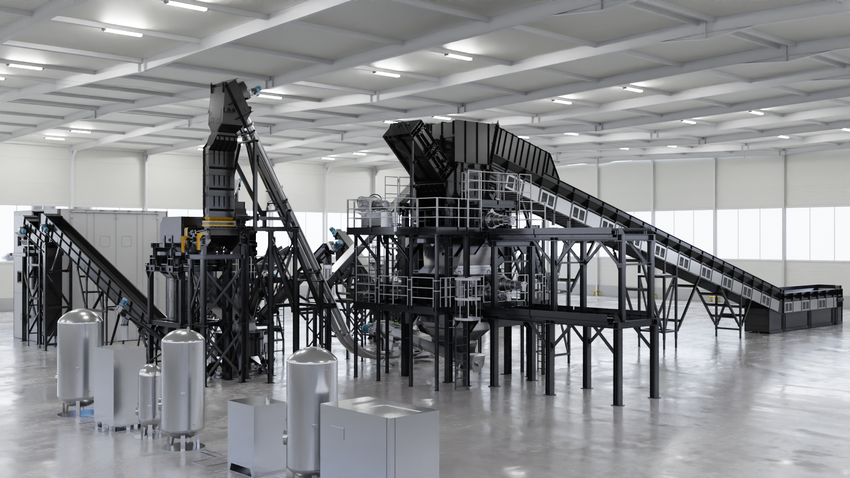
- You may also be interested in: Fib3r, the cutting-edge plant that regenerates carbon fiber
The topic of the end-of-life of photovoltaic panels is also becoming increasingly important: what technologies does FOR REC offer?
<<By 2050, it is estimated that over 80 million tonnes of solar modules will be decommissioned. We respond to this challenge with turnkey plants designed to ensure operational efficiency, environmental sustainability, and maximum material recovery. Our treatment lines for photovoltaic panels begin with an initial phase of reduction and shredding, aimed at producing a uniform material size. This is followed by cleaning and refining stages, which improve the quality of the treated material and facilitate recycling. Finally, advanced separation systems allow the selective recovery of valuable components such as glass, aluminium, EVA, and silicon. Each plant is modular and customisable according to the client’s production needs, offering low operating costs, reduced maintenance, and seamless integration into circular economy processes. It is a concrete, scalable solution to tackle one of the greatest environmental challenges of the coming decades.>>
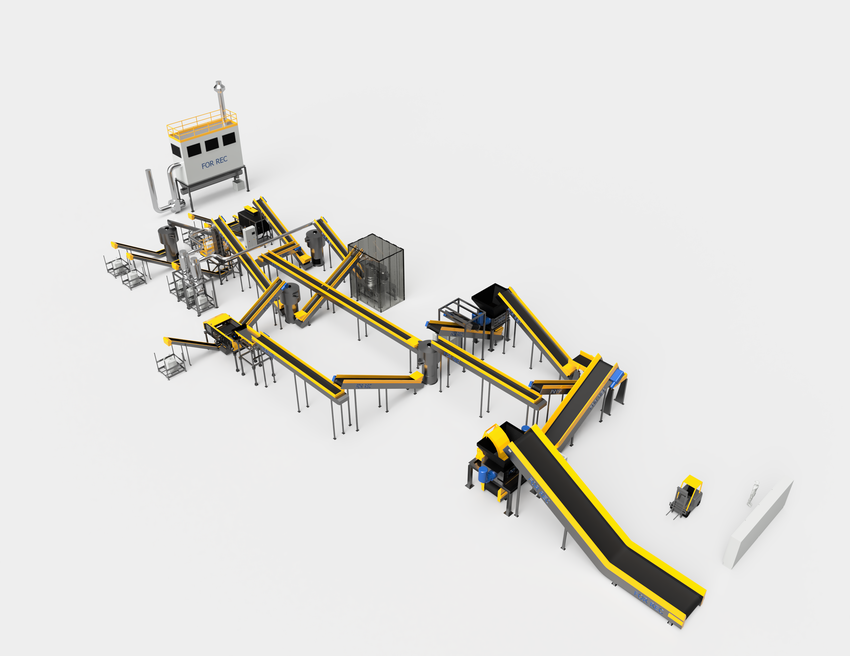
What are your plans for the future?
<<Our main technical projects currently focus on photovoltaic panels and flat screens, but we are also closely monitoring lithium batteries. Additionally, we are continuously working to optimise existing solutions. Last but not least, we do our best to raise global awareness of the opportunities related to recycling, valorisation, and the importance of safeguarding our planet.>>
- You may also be interested in: Sodium batteries: the technology that could make the EU less dependent on critical materials
In terms of outlook, how will the industry evolve in the future?
<<I foresee an increasingly significant regulatory push aimed at drastically reducing or even eliminating landfills, a rise in Waste-to-Energy projects, and much-improved management of hazardous waste, which still has considerable room for improvement today. Future projects will harness AI, robotics, and optical sorting. Potentially, 85% of the waste we produce could be given a new life: I believe this awareness should dictate the guidelines of the years to come.”
How will your presence at Ecomondo 2025 be organised?
<<We will have an innovative stand designed to provide an engaging and tangible experience, allowing visitors to see firsthand what FOR REC achieves every day. It will be possible to watch exclusive videos of our latest and most advanced plants, alongside footage illustrating the treatment stages of recycled materials using our technologies. It will be an immersive visual experience aimed at clearly conveying the value and impact of our work. Within the stand, there will also be a dedicated area showcasing recycled materials, where visitors can closely observe samples of shredded and processed materials from our machines, to clearly understand the quality and precision of our processes. Additionally, we will display our new X3000H machine, equipped with next-generation torque motors designed in-house: a high-performance solution representing a further step forward in energy efficiency and operational sustainability. Our technical and commercial teams will be on hand throughout the fair to provide consultancy, technical insights, and direct support.>>
Article written by Maria Carla Rota
This blog is a joint project by Ecomondo and Renewable Matter
PUBBLICAZIONE
23/07/2025

